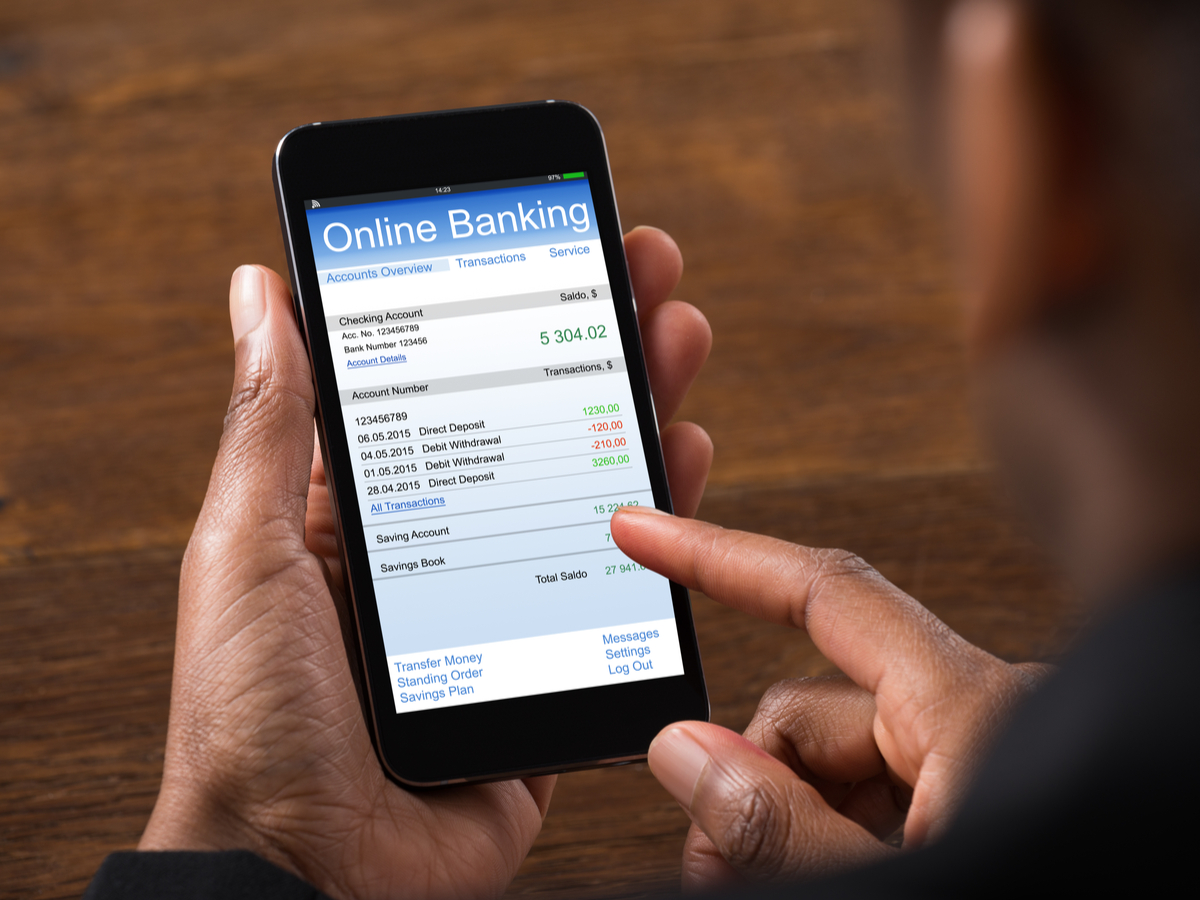Money, you always want to have a little more so you could buy that fancy dress or a new gadget, save more for your vacation or a cool dinner, pay off your debts faster, or feel more relaxed about your whole personal financial situation.
There are simple but effective and fun ways to make money on the side. You can earn a bit extra every month without wasting time or effort! Here are a few suggestions for what you can do.

Photo by NeONBRAND
Make Homemade Movies
All you need to make a cool and memorable movie that’s perfect for becoming a YouTube sensation is a camera and a lovely idea. You don’t need any props or an ideal script.
Anything goes! There’s a video that shows cute cats or some guy dressed like Batman doing daddy’s usual stuff. There’s an endless amount of video options with smart hidden cameras and water balloon jokes. These were all hits in the past.
After all, all you need is a nice idea and a rough vision of how to turn it into a video. Turn the camera on, make it happen, upload it to Youtube and share it with your friends. It’s probably not going anywhere. But it’s possible.
You’ll never know until you spend the day with the camera making the video. It could be a good opportunity to make some money and have fun while doing it.
Start A Podcast Series
Recording podcasts can be incredibly enjoyable, both for the person who listens and the person who records.
All you need to record your podcast is a computer and a microphone. You can even record it using just a smartphone if it’s a simple solo show without much need for editing.
You can post your podcast for free using BuzzSprout as you start, and then switch to other ideas if your podcast becomes popular. When it becomes popular, you can start making money from it.
Making money for a podcast is a bit difficult. Still, once you start collecting an audience yourself, you can look at maybe joining a podcast network, which serves as a team to search and negotiate with advertisers to raise funds.
Moreover, podcasting is fun and a great way to attract any topic of interest to the online community.
Raise A Garden
Raising a garden is an interesting and exciting hobby. It is wonderful to take a plot of land, plant some seeds in it, take care of this area by removing weeds and adding nutrients, and watch the plants grow and produce fruits and vegetables. Also, if you use varieties, you can save seeds and plant them again next season.
So how does it make money? For example, you can take food and eat it yourself, getting rid of the cost of food or food ingredients, and keep that money in your pocket.
You can also take extra food and sell it. You can post what you have for sale on Facebook or take it to the farmers’ market. You could also put them on a table in front of your house with a box, and a “take what you want, pay what you can” card. See how you can sell extra services to local grocers.
The bigger the garden, the more food it will produce, and the more food you produce, the more money you can get. It’s all about how much you like this hobby and how much time and energy you’re willing to spend.
Sports Betting Sites
Sports bets are skill-based bets (depending on the bets you choose). Although you may think that you are betting against the house, they often manipulate the lines, so you are betting against other players, and they charge a small fee to make a bet easier.
With the right skill and a sharp eye, you can make a living betting on sports. Is it difficult? Yes, but it is quite possible, and many people do it every day.
You could consider joining a sportsbook and start making the right bets. You should start with a sport that you know well, and do extensive research.
You should be a successful sports bettor if you can come up with a system to predict games and outcomes correctly.
Take a look at this trusted sportsbook and sports betting site.
Consider Playing A Free Video Game And Stream It
There are many free computer games and inexpensive video games such as League of Legends and Ancient Defense 2 that offer an incredible depth of gameplay and fun.
They also attract an amazingly large online viewing audience, people who love to tune in and watch people play and hear their comments through sites like Twitch.
If you like to play video games, broadcast them! You can easily set up streaming from Xbox One, PS4, or PC and stream your games and make some money.
This feature is built-in; you can get OBS for free to stream from your PC. You can also record comments during the game if you have a microphone, and in my experience, this is the best way to create an audience – fun comments during the game.
One of the great strategies is to play niche games that are considered to be classics and joke around while playing as you played with your friends. You do not need to be competitive, just interesting.

Photo by JESHOOTS.COM
Start A Blog On A Topic Of Interest And Put Some Ads On It
What interests you? What excites you? What do you like to do and say? These are the things that could make a great blog.
It’s pretty easy to start with a platform such as WordPress, Blogger, or Squarespace. All you are required to do is sign up, choose a template, and start writing.
It is recommended that you focus on two things with each article – make it informative and entertaining. Many believe that items that combine to mix information with interesting anecdotes and stories fascinate people regardless of the subject.
So how do you make money here? There are many ways.
-
You can advertise on the site using Adsense.
-
You can place affiliate links to Amazon on the site.
-
If you have many articles, you can link them to an ebook.
-
You can also use a blog to promote other things you do and other ideas.
Each of these things has the opportunity to make you some money.

Photo by Thought Catalog
Make Crafts And Sell Them Online
Do you have a particular craft skill that you would like to share with others? Maybe you are good at sketching and can make individual sketches for people from photos. Perhaps you are an excellent fiction artist (like this old friend of mine) and would like to sell some of your work.
Maybe you are making handmade metal signs or key chains. Perhaps you like to knit scarves.
Whatever you do, you can sell it on sites like Etsy.
Opening a store on Etsy is pretty easy; basically, you list yourself and then list a few of the items you sell, pictures of those items, and a reasonable price for them.
Describe these items well, and people who are looking for exciting jewelry or items to buy will find them.
Not only that but after you have the items listed on Etsy, you can discuss them elsewhere. Post the items on Facebook so that your friends can see them and share them on other discussion forums that you participate in and are related to your hobby.
Start A Video Podcast/blog And Add A Few Ads
It’s effortless. If you have a camcorder on your laptop or computer, record a video discussing what you like.
Save the video, edit it a bit if you like, and then post it on YouTube. Turn on advertising on this video. Over time, you will make a lot of money on every video you post.
Like in blogs, the real value comes from recording a lot of videos, so people who will find you are interested in sticking with you by watching more of your videos.
It’s a great way to channel your thoughts into something that can make some money, especially if you’re not strong in converting those thoughts into written words—dealing with video challenges is an entirely different set of skills.
To Sum Up
The main thing to remember is that these paths will not necessarily lead you to become rich. However, they will allow you to do what you like and maybe earn enough to pay at least part of the cost of this hobby or possibly earn a decent extra income. Even a small amount of extra income can make a difference.
On the one hand, if it is a good hobby, it means that it generates an income, puts money in your pocket, and does not take it out.
An income-generating hobby has the potential to grow into something big, provided that you hit the spot with your audience and promote it well, and its a great way to have fun!










